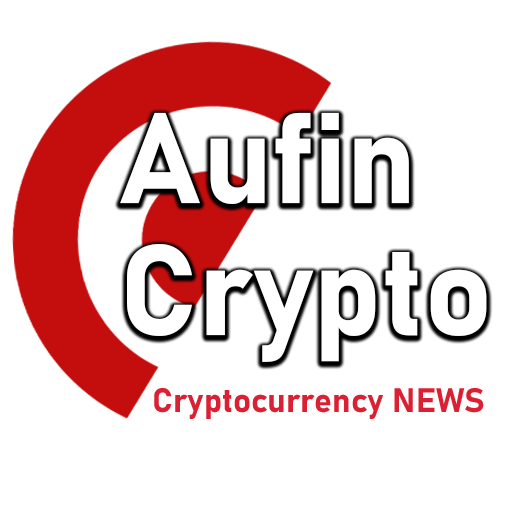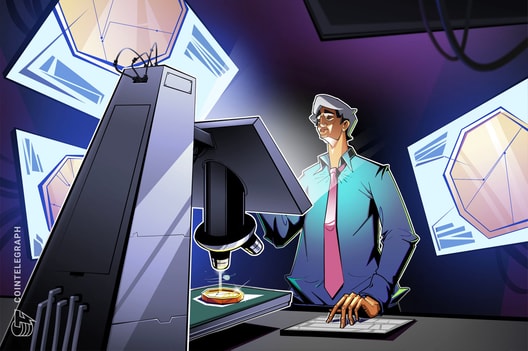Update available in CBDC report, proposed stablecoin legislation
At the Philadelphia Fed’s fintech event on September 8, the vice president of the Federal Reserve Bank discussed the central bank’s role in financial innovation. The answer was short: research and audit with reference to the FedNow service.
In addition to his usual statement that no decisions should be made without congressional authorization, Barr offered an overview of the Fed’s “current focus” on research into central bank-issued digital currency (CBDC). He described it as a “simple Research […] It can support a backbone for CBDC payments or for other purposes in the existing payment system.”
Barr specifically talked about the system architecture for recording transactions and ownership in ledgers and tokenization models. A post by FED Notes In the wholesale CBDCs of the same day, he also emphasized: “The technology associated with tokenized platforms is not incompatible with existing central bank-issued money that functions as a payment asset.”
Michael Barr’s pay speech features a rare punctuation mark in Federal Reserve language: the exclamation point!
This speech about payments from Michael Barr, the Federal Reserve’s vice chairman for supervision, includes a punctuation mark rarely seen in Fedspeak: an exclamation point! pic.twitter.com/F3GJezrs3N
— Brendan Pedersen (@BrendanPedersen) September 8, 2023
Barr reminded the audience about the Fed’s new business oversight program introduced last month. This special team of auditors could provide feedback that would allow a federally regulated bank to obtain a “written prudential no objection” to its new activities involving stablecoins, among other things. you have barr declaration that such activities are in line with the policies of the Office of the Currency Controller (OCC). interpretative letters 1174 and 1179.
As a stablecoin pegged to the dollar, the strong federal oversight of stablecoins envisioned in the OCC statements is in the Fed’s interest, Barr said. “The Central Bank borrows its trust”. Barr also expressed satisfaction with ongoing legislative efforts:
“If non-federally regulated stablecoins become a widespread means of payment and store of value, they could pose significant risks to financial stability, monetary policy, and the U.S. payments system.”
Barr said the Fed is providing channels that give major banks, regional banks, community banks and credit unions broad access to instant payments around the clock through its FedNow service, which was launched in July. He then underlined that the current volumes of the service are small, but this depends on the need. deposit institutions Make the service available.
Translation by Walter Rizzo

